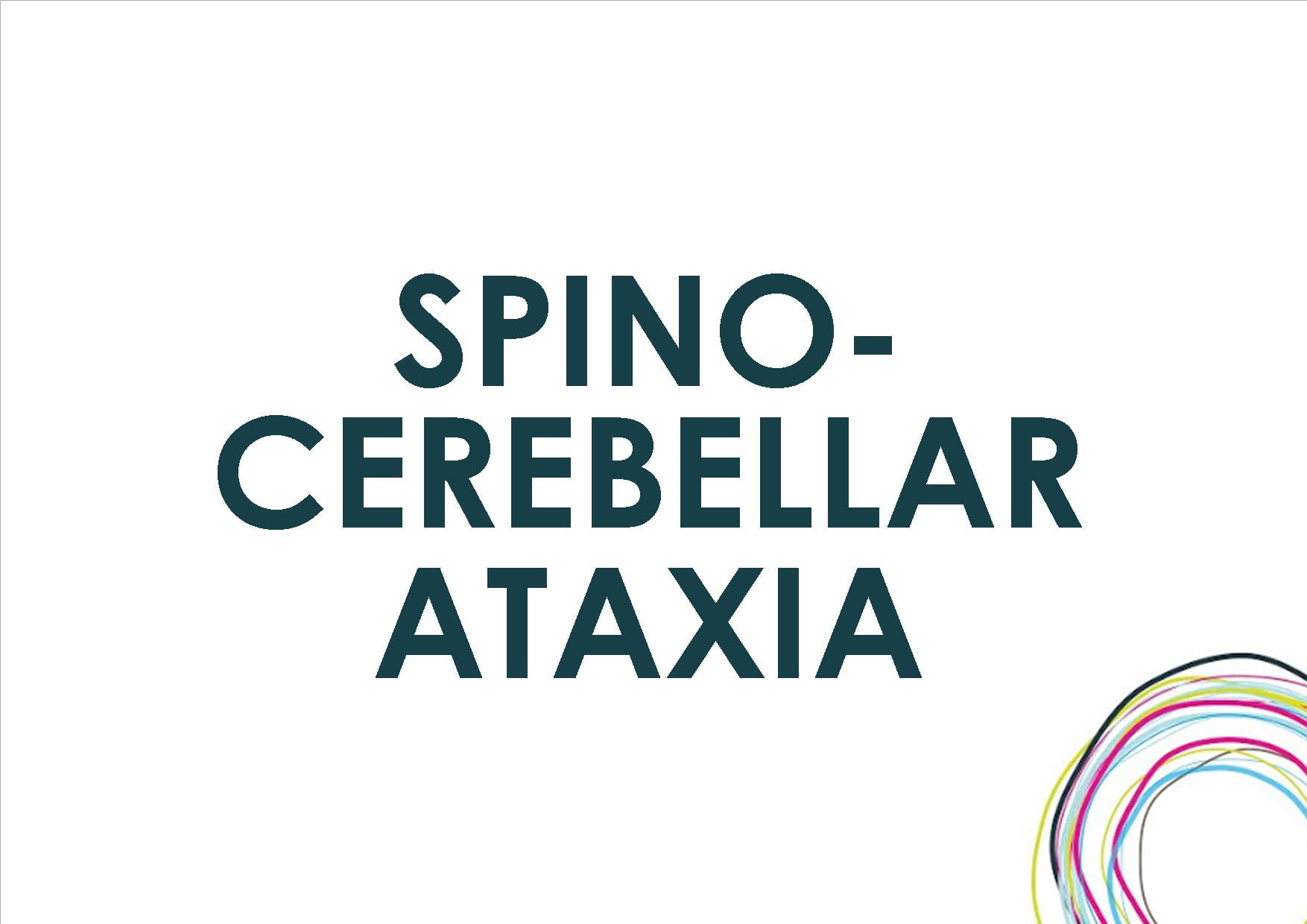Adult neurons are touchy things. Too much protein can throw them off course, resulting in neurodegeneration.
After showing how mutant ATAXIN1 (the protein associated with the neurodegenerative disorder spinocerebellar ataxia 1) cannot fold and be discarded properly, resulting in malfunctioning neurons, researchers at Baylor College of Medicine have found an RNA-binding protein called PUMILIO1 that regulates ATAXIN1 levels.
Loss of PUMILIO1 activity – as when it is knocked out or lost –increases the amount of normal ATAXIN1 in the cell and, in studies of mice, causes neurodegeneration that mimics that of spinocerebellar ataxia 1.
Now, in a report that appears in the journal Cell, researchers demonstrate that an RNA-binding protein called PUMILIO1 also regulates levels of the ATAXIN1 protein. When a mouse lacks one copy of the PUMILIO1 gene, the amount of ATAXIN1 increases, starting early in development. The mouse that loses the copy or copies of PUMILIO1 develops symptoms reminiscent of spinocerebellar ataxia 1, loss of motor coordination and degeneration of Purkinje neurons in the cerebellum. Eliminating the copy of the PUMILIO1 gene in mice that already lack a copy of ATAXIN1 reduces the abnormal symptoms and rescues the animals from the disease.
The findings with PUMILIO1 demonstrate that neurons require just the right amount of the important protein – not too much and not too little.
“It shows that cells in the brain are not tolerant of too much of a normal protein,” said corresponding author Huda Zoghbi. “If we can come back and slightly decrease those proteins early in life before the system falters, we may have an effect.. For the late onset spinocerebellar ataxia 1, if we could come up with a strategy to find molecules to decrease the mutant ATAXIN1 – no more than 10 to 20 percent – we might be able to relieve the disease,” said Zoghbi.
“This could be important in the study of other neurodegenerative diseases. We don’t know what proteins are involved and what happens in diseases such as Parkinson’s, Alzheimer, amyotrophic lateral sclerosis and similar disorders,” said lead author Vincenzo Gennarino. “For these and other neurodegenerative conditions that do not fit Mendelian categories, it may prove most fruitful to find factors that elevate the levels of the key disease-driving proteins.”
Source: Baylor College of Medicine

